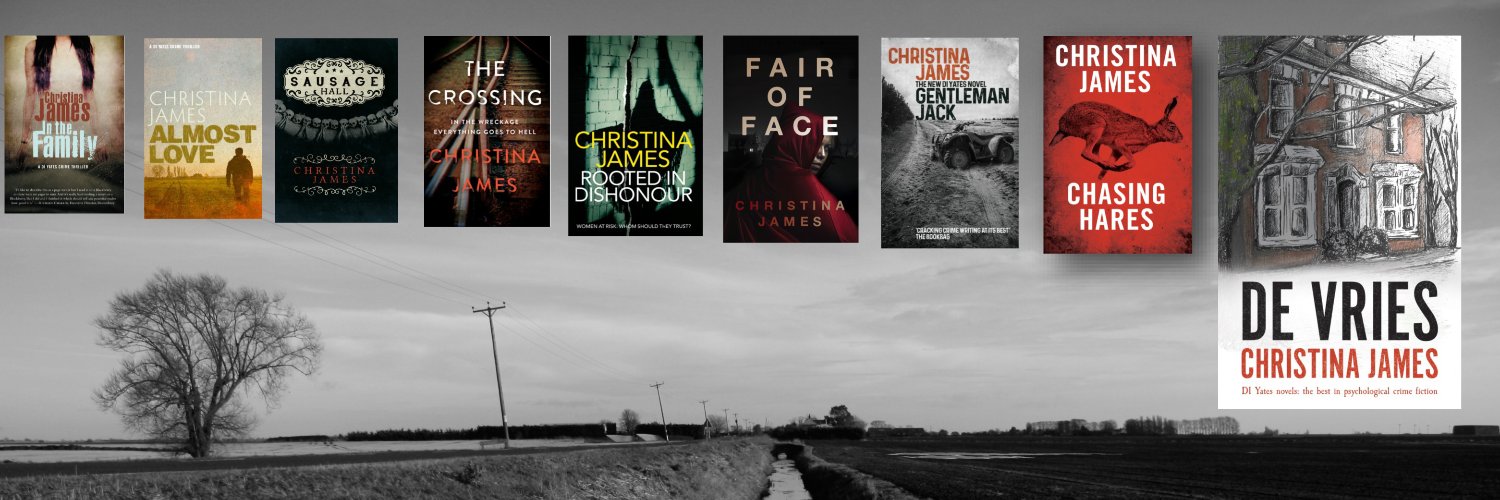My first copy of Alice in Wonderland was given to me by my grandmother when I was about seven. I was captivated by the fantastical elements in it, especially by the bottle from which Alice drinks to make her large or small and the Cheshire cat that fades away. (It was only as an adult that learnt that Dodgson, aka Carroll, was a little dodgy!)
My parents allowed my brother and me to choose a children’s “comic” (all children’s magazines were called that then) each week from the paper-shop and at Christmas they bought us the annual that went with it. I got bored with the annuals and asked for a book instead. Jane Eyre was the first of these, in the Dean’s children’s classics edition. I identified completely with Jane and was terrified by the madwoman. Mr Rochester was for long afterwards my idea of the perfect hero.
I’d love to list all the Jane Austens, as a complete oeuvre, but that would be cheating unless I used up six choices all at once, so I’ve selected Emma as the one that I consider the most accomplished. I read all six titles one after the other every half-decade or so and always find something new to admire in them. Like countless authors before me, I regard her as the unparalleled mistress of perfect English prose: both teacher and role model.
A masterpiece of human comedy as well as a virtuoso tour de force of different styles of writing: Joyce at his best, a writer’s writer presenting a novel still accessible enough to enjoy as a relaxing read. (Finnegans Wake is no doubt even more brilliant, but imbued with the kind of genius that makes your head ache.)
I read these three novels non-stop while recuperating from a broken jaw. A totally immersive experience, they tell the story of a series of relatively undocumented events during the Second World War. The tensions within the marriage of Guy and Harriet Pringle are as edge-of-seat as the fighting that is taking place around them.
This is also the first of a trilogy – in fact, the Rabbit series ultimately became a tetralogy – and all are equally good, but it was Rabbit, Run – with its clever play on words (the rabbit [rat] run and the popular song from World War II) and its unforgettable portrait of a middle-class American family in
the 1960s and 1970s, that first got me hooked. How I wish I could convey the traits of not only very ordinary but also unlikeable characters and the minutiae of their everyday life and command one tenth of the fascination that Updike does. These books are truly more than the sum of their parts – they capture a whole era.
Also the first of a trilogy – the others are The Eye in the Door and The Ghost Road. What can I say? Magnificent! A completely original take on the historical novel.
Yeats is far and away my favourite poet of the twentieth century – perhaps of all time, though if competing with previous centuries he would be up against Coleridge and of course Chaucer and Shakespeare, if you count them as poets. A professor I once knew summed up his genius: “He fills his head full of all kinds of old junk and out of it comes perfection.” Precisely.
My son sent me this book when he was an undergraduate studying History – an unusual choice, but it captivated me as soon as I started to read it. It’s a serious historical work about working women in the early modern period and how they retaliated to male dominance by constructing a resilient – not to say subversive – network of their own. Great fun, and the lessons it teaches are timeless.
I received this book as a Mother’s Day gift some years ago and it completely blew me away. The use of language is startlingly fresh and original, the wit and warmth of the narrative ingeniously designed to obscure but not obliterate the underlying darker forces at work.
The exact date when this play was written is still in dispute. Most scholars seem to agree that it was probably the last Shakespeare worked on alone – and if so, it is a fitting swansong. With its masterly command of language and its portrayal of a magical world, it seems to me both to embody and transcend the wisdom and beauty of all his work.
Christina James - April 2021

About Christina James - taken from www.christinajamesblog.com
I was born in Lincolnshire, in England, and grew up in Spalding. I’ve had a lifelong fascination with the South Lincolnshire Fens, with their huge skies, limitless landscapes and isolated communities; I have always been interested in the psychology of the people who have lived there over the centuries. I have now put some of this interest and fascination into the fictional world of Detective Inspector Tim Yates.I’m fond of the outdoor life, loving walking, cycling and taking narrowboats along the tranquil waters of the English, Welsh and Scottish canals. I live in the Pennines (a very different kind of landscape from the Fens, but equally beautiful in their own hilly way) with the boy in my life and a very small black cat.
I have worked variously as a bookseller, researcher and teacher. I’ve always read widely, particularly in history, English literature and biography, but also in crime fiction, as I really enjoy sniffing out someone else’s clues. Under a separate name, I have been for some time a non-fiction writer, but my real heart is in the story.
Twitter @CAJamesWriter










No comments:
Post a Comment